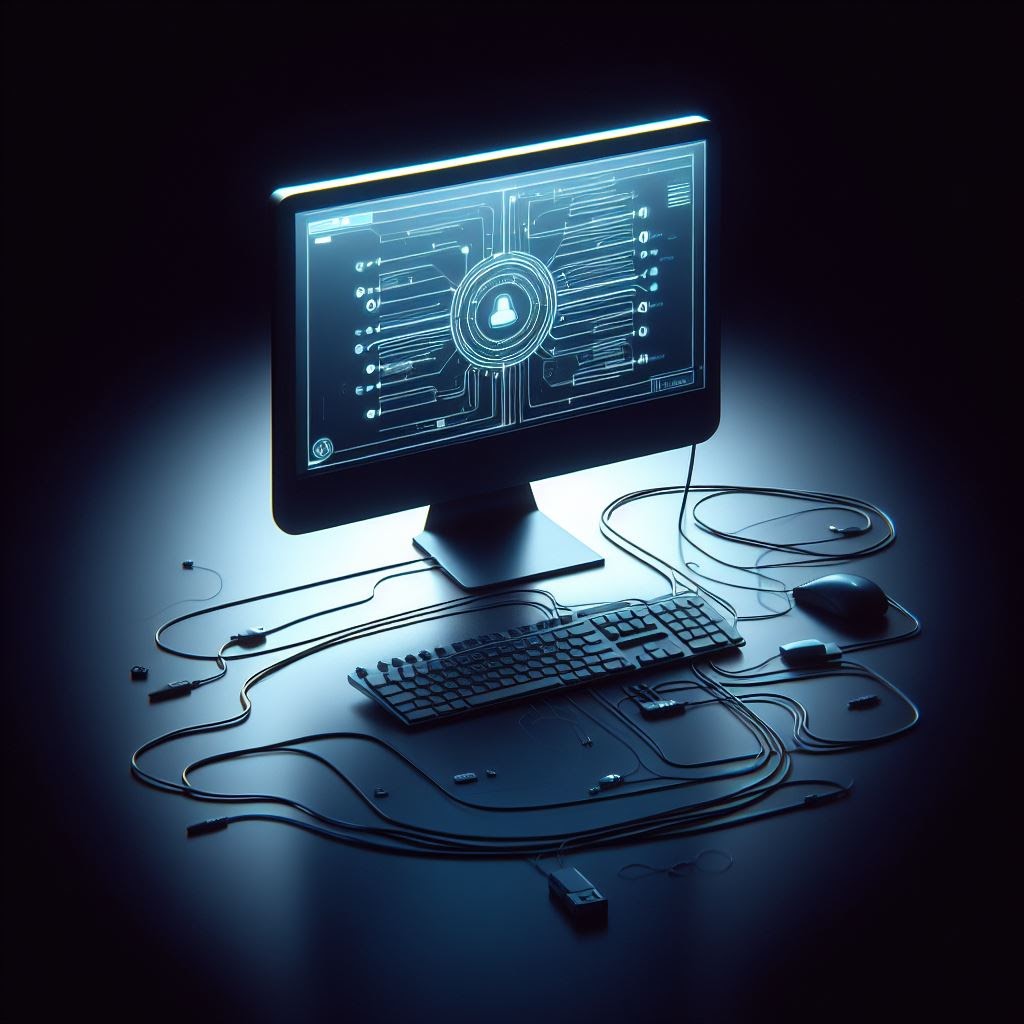The history of computer generation can be divided into five generations, each marked by a significant advancement in the technology used to build computers.
1. First Generation (1946s-1959s)
First-generation computers were based on vacuum tubes, which were large, fragile, and consumed a lot of power. They were also very expensive and only accessible to large organizations and governments. Some examples of first-generation computers include ENIAC, UNIVAC I, and the IBM 701.
2. Second Generation (1959-1965)
Second-generation computers replaced vacuum tubes with transistors, which were smaller, faster, and more reliable. This made computers more affordable and accessible to a wider range of users. Some examples of second-generation computers include the IBM 1620, the DEC PDP-1, and the UNIVAC II.
3. Third Generation (1965-1971)
Third-generation computers were based on integrated circuits (ICs), which combined multiple transistors on a single chip. This made computers even smaller, faster, and more reliable. Third-generation computers also introduced the concept of operating systems, which allowed users to run multiple programs on a single computer. Some examples of third-generation computers include the IBM System/360, the DEC PDP-8, and the UNIVAC 1108.
4. Fourth Generation (1971-1980)
Fourth-generation computers were based on microprocessors, which are single-chip central processing units (CPUs). This made computers even smaller, faster, and more affordable. Fourth-generation computers also introduced the personal computer (PC), which made computers accessible to individuals and small businesses. Some examples of fourth-generation computers include the IBM PC, the Apple II, and the Commodore 64.
5. Fifth Generation (1980-Present and Beyond)
Fifth-generation computers are still under development, but they are expected to be based on artificial intelligence (AI) and machine learning. This will allow computers to learn and adapt to their users' needs in new and innovative ways. Some examples of fifth-generation computers include self-driving cars, smart homes, and intelligent personal assistants.
The evolution of computers has had a profound impact on society. Computers are now used in virtually every aspect of our lives, from work to school to our personal lives.













0 Comments